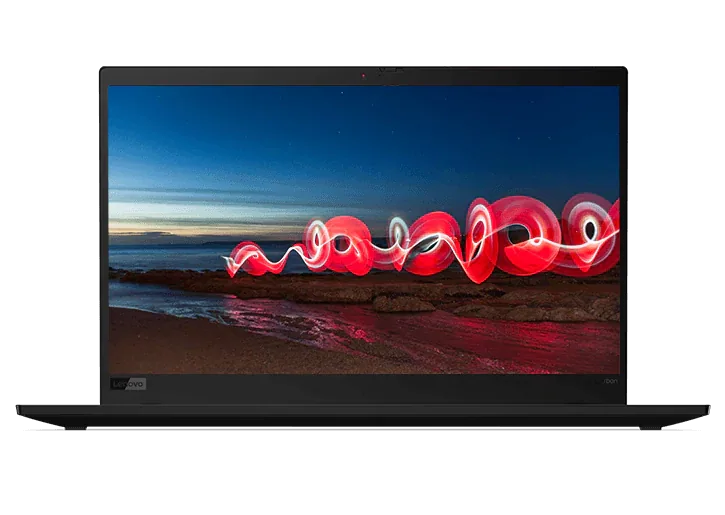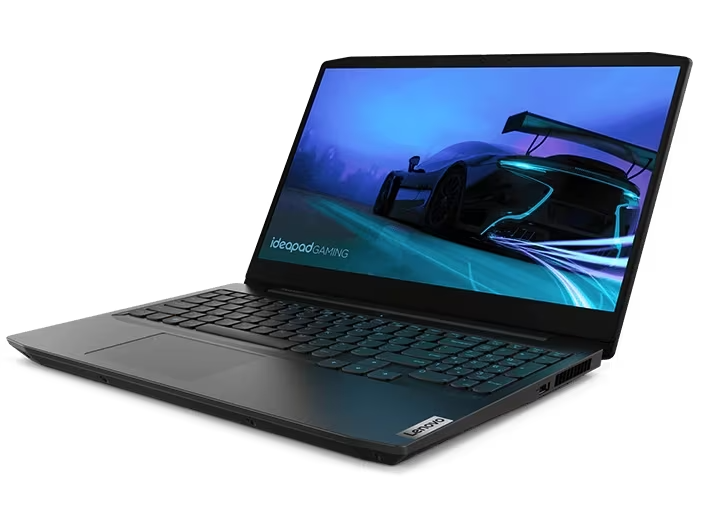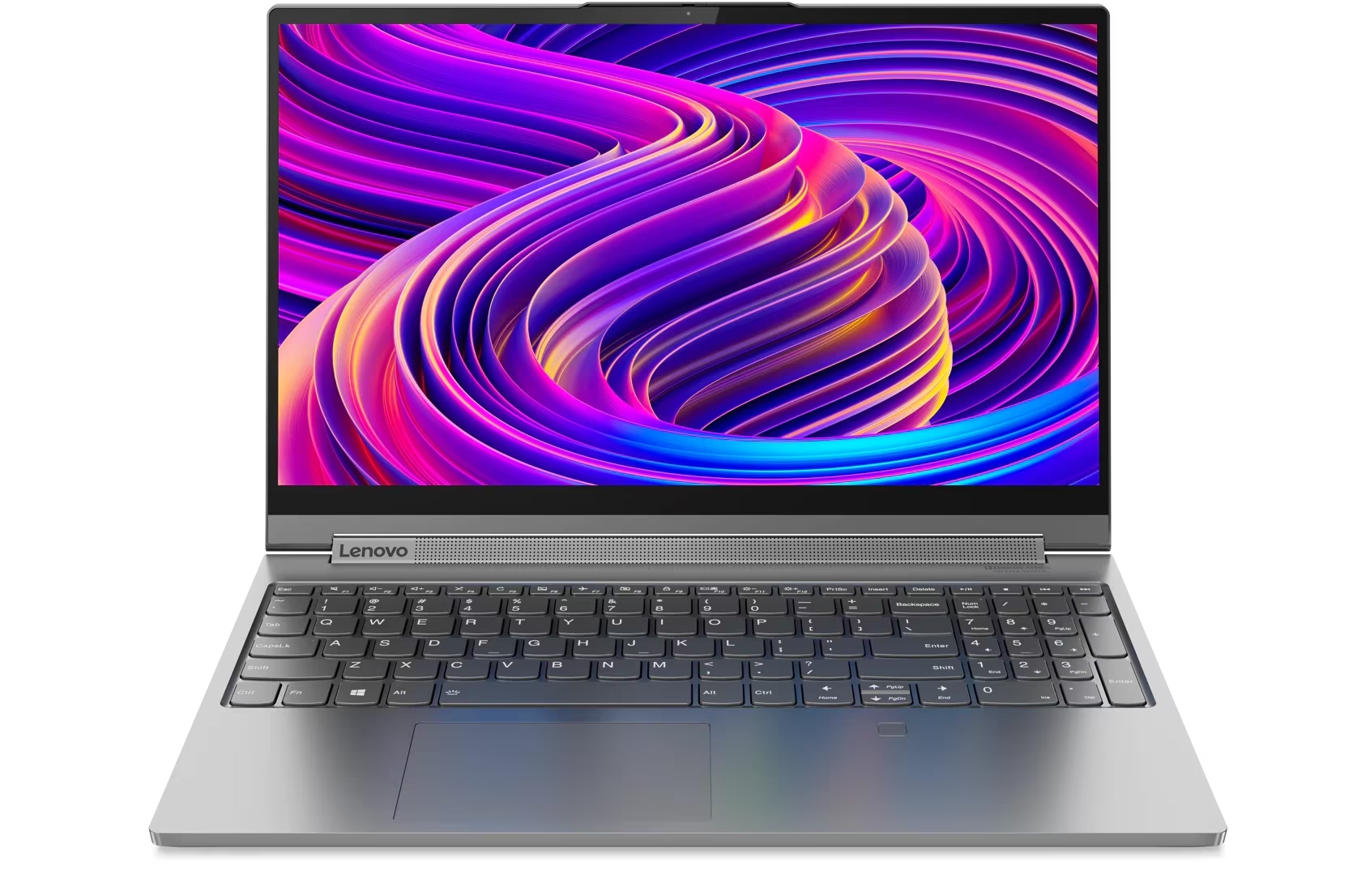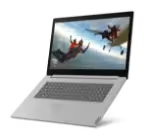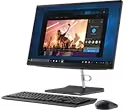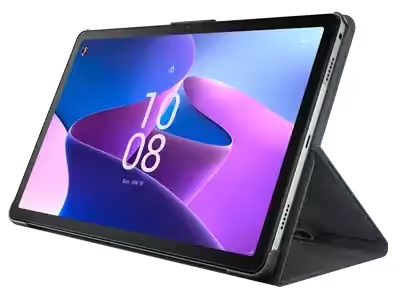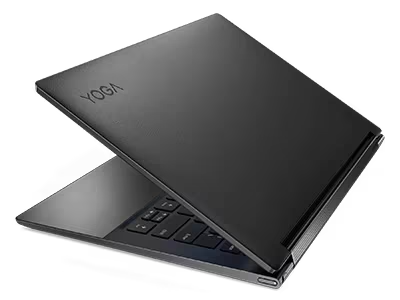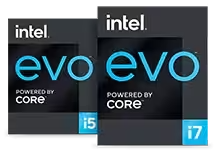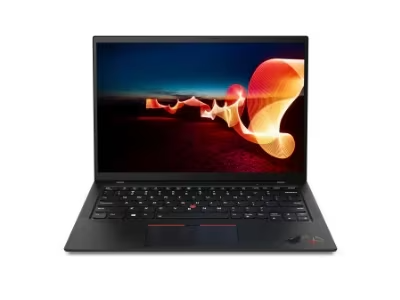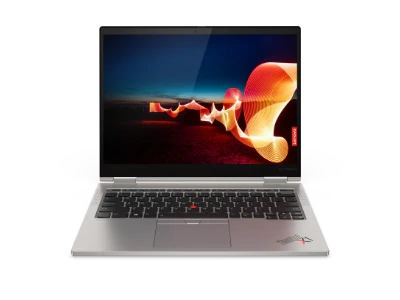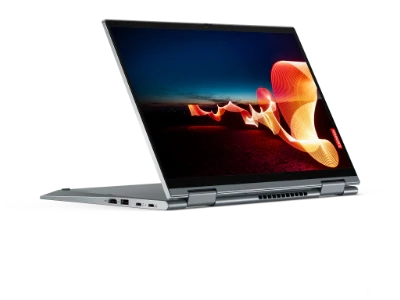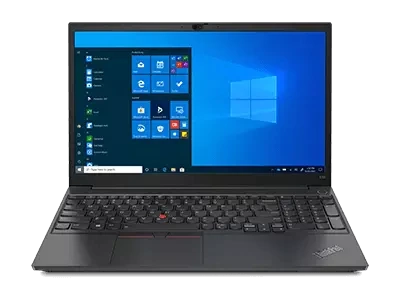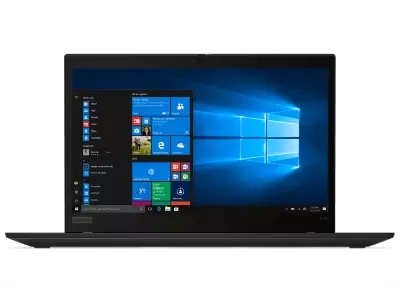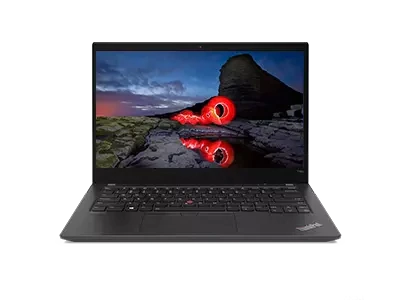Laptop vs. Tablet? What's right for you?
You're considering buying a new tablet or laptop but can't decide which to choose? That's no surprise. Today's ultra portable, ultra functional tablet PCs can function nearly as full-fledged laptops -- advanced mobile apps allow you to surf the web, run spreadsheet or word processing applications, play interactive games and so on. Yet some users find a tablet's touch screen interface to be limiting, and others prefer a regular keyboard over a virtual, on-screen one.
So, tablets and laptops have comparative advantages and disadvantages, depending on how you intend to use your new system. This article presents a Laptop vs. Tablet analysis based on their pros and cons in the areas of Performance and Popular Uses.
NOTE: This article only compares laptops to the traditional "slate" tablet form factor (thin, one-sided, without a keyboard). Manufacturers also make combination tablet-laptop models called "2-in-1s." Therefore, in the analysis below, if a laptop gains the advantage due to its keyboard, faster processor, or something similar, then a 2-in-1 that can be used in laptop or tablet mode might be the best option for your particular needs. [For more information, see What is a 2-in-1?]
Refer to the following table for a quick review of some factors that typically help buyers choose between a tablet or a laptop.
PerformanceLaptop vs. Tablet: ProcessorUltra-thin tablets don't have internal fans like those in laptops. So they have to use different, lower-performing processors that generate less heat and use less battery power. Tablet CPUs are still highly capable, just less so than most laptops. (Advantage. Laptop) Laptop vs. Tablet: Operating SystemThe earliest tablets relied exclusively on mobile operating systems similar to those that control smartphones. But today, you can also buy tablets that run essentially the same full-fledged PC operating systems found in laptops, such as Microsoft Windows 10. (Advantage: None) Laptop vs. Tablet: PortabilityThin, ultra-light tablets are by definition more portable than laptops, which generally have thicker superstructures, heavier batteries, and so on. Sure, a laptop fits in a carrying case or on your lap. But a tablet can fit in a purse -- and you can read it while lying down! (Advantage: Tablet) Laptop vs. Tablet: DisplayTablets with up to Full HD (1080p) resolution provide fine viewing given their comparatively smaller sizes. But models with Quad HD (1440p) or greater displays (now popular in laptops) are rarer, due both to their processor demands and because high-res displays can make precise touch-commands more difficult. (Advantage: Laptop) Laptop vs. Tablet: Battery lifeAdvanced laptops with dual-batteries and multiple energy-conservation features can now promise 10-20 hours of battery life. But pound for pound, much lighter tablets -- in which the battery often consumes over half of the interior space -- provide longer time unplugged. (Advantage: Tablet) Laptop vs. Tablet: Wireless and MultimediaIn terms of wireless speeds and capabilities, tablets and laptops are equal except for the built-in (optional) cellular data connectivity available in all tablets. For creating and viewing pictures and video, a tablet's hand-held nature and smartphone-like camera options make it superior. (Advantage: Tablet) Laptop vs. Tablet: StorageTablets are designed for ultimate portability and use solid-state drives with less capacity than the older, spinning hard drives found in many laptops. High-end laptops also offer solid-state drives (better performance, less weight), but usually ones with greater capacity. (Advantage: Laptop) |
Popular UsesLaptop vs. Tablet: BusinessDifferent business users have different needs:
Laptop vs. Tablet: IndustryNew industrial uses for tablets (including so-called "ruggedized" models) seem to emerge every day, whether they're in the hands of a waiter at a restaurant, a service technician making house calls, or a quality inspector on a factory floor. (Advantage: Tablet) Laptop vs. Tablet: Family (Casual)A tablet's superior all-around portability, long battery life, and capacity for entertainment (surfing the web, streaming movies, playing games) makes it an ideal choice for everyday use in the family room. (Advantage: Tablet) Laptop vs. tablet: Family (All-Purpose)For families that need one PC that does it all, a laptop is the likely choice thanks to its wider range of uses -- particularly typing-oriented business programs that might be difficult on a touch-screen. (Advantage: Laptop) Laptop vs. Tablet: StudentGiven their comfort with digital devices, students heading to college for the first time might use a tablet almost as productively as a laptop. But for all-around educational use, students need a system that's nearly as portable, more powerful -- and keyboard-equipped. (Advantage: Laptop) Laptop vs. Tablet: All-Around ConvenienceIf for you, "convenience" means easy carrying, fast boot-ups, smartphone-like camera features, etc., then a tablet likely meets your needs. But if you care more about having multiple external ports, direct keyboard input, and so on, then you'll want a laptop. (Advantage: None) |
